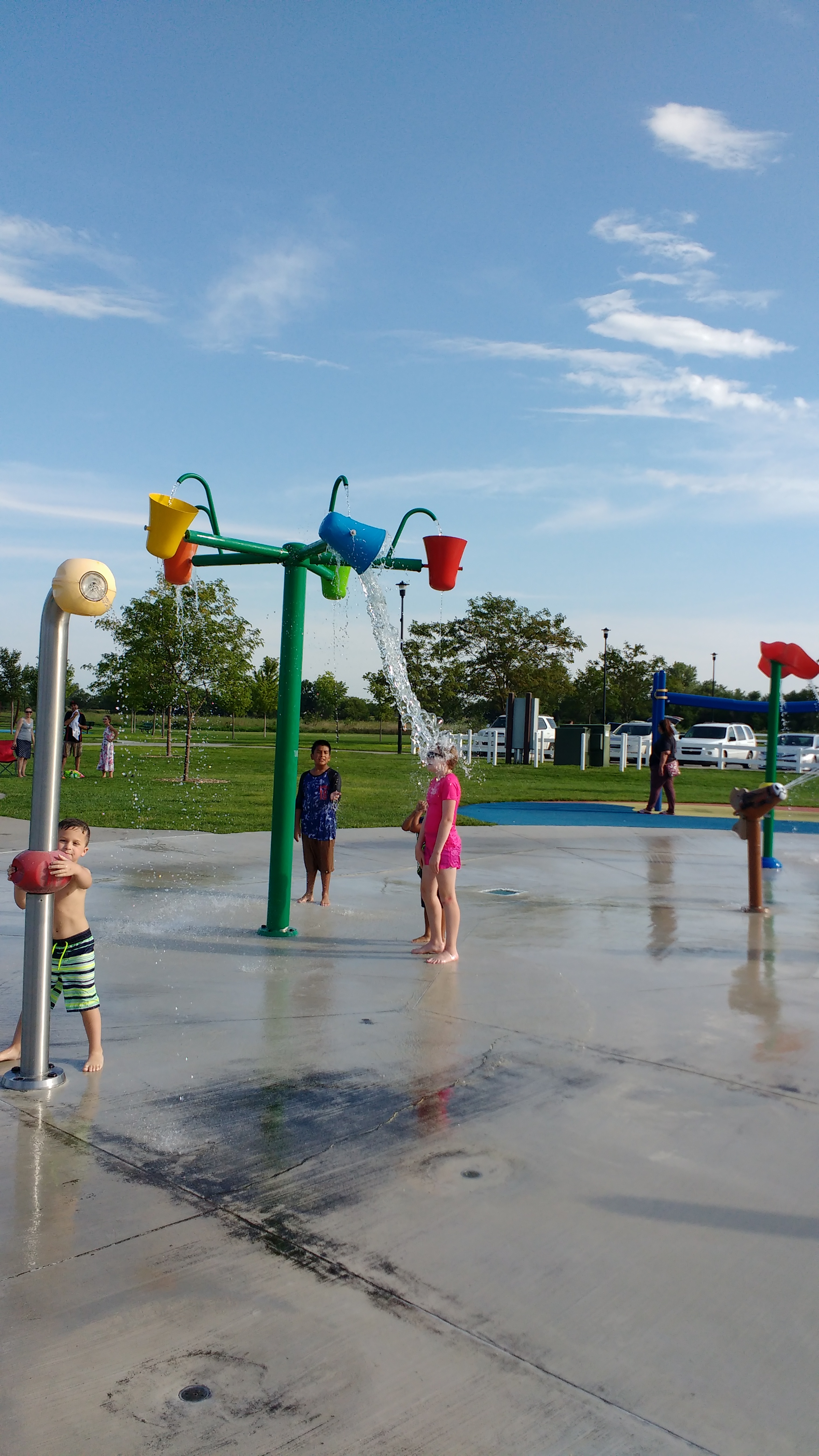How i judge software engineers
My kid’s teachers routinely provide rubrics for assignments. At first blush, rubrics are tools to make grading an assessment easier. They are effective in that role. They turn out to be at least as effective at communicating expectations. Readers of a rubric can quickly and easily determine what is important.
Recently i developed a rubric to help me judge the performance of engineers (it was review season yet again). The engineers on my team have appreciated the transparency and clarity this tool provides. Hopefully, it will be helpful to others.
The Rubric is divided into two sections. One about results and the other about behavior. Both of these are important. Good, pro-social behavior is just as important in engineers as strong results.
Results
| 3 | 2 | 1 | ||
|---|---|---|---|---|
| Continuous improvement |
|
|
|
|
| Communication |
|
|
|
|
| Production support |
|
|
|
|
| Code Quality |
|
|
|
|
| Productivity |
|
|
|
|
| Testing |
|
|
|
|
| Feedback |
|
|
|
|
| Product & domain knowledge |
|
|
|
|
| Personal goals |
|
|
|
|
Behavior
| Attitude |
|
|
|
|
|---|---|---|---|---|
| Courage |
|
|
|
|
| Motivation |
|
|
|
|
| Strategic thinking | plans for 6 month – 2 year horizon | plans for 3 – 6 month horizon | plans for 1 – 3 month horizon | no planning |
| Trustworthiness |
|
|
|
|
| Learning |
|
|
|
|
| Pairing* |
|
|
|
|
- Optional. If your team pairs at a matter of course this is very important. If your team works as individuals then ignore this row.

 10 minutes to totality
10 minutes to totality



